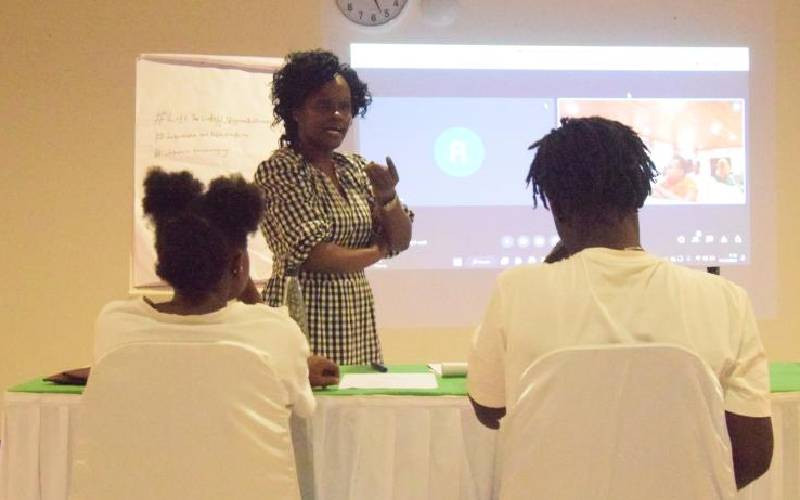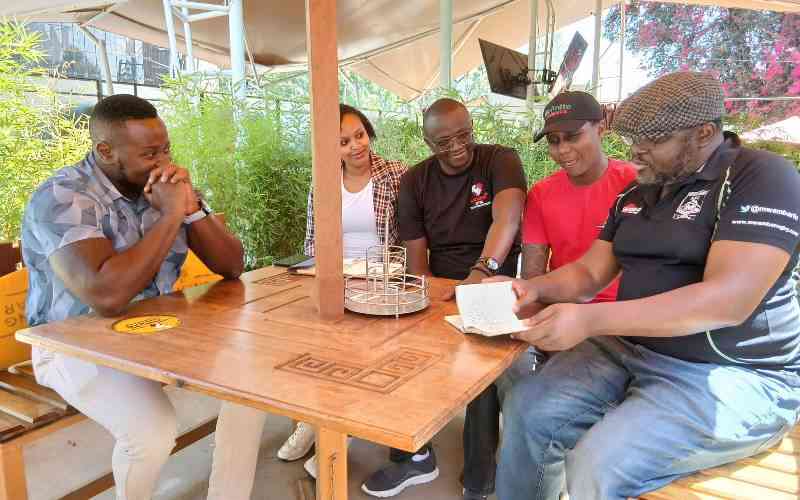
Many pressing issues keep hindering Kenya's progress and development. Among them, child abuse, youth unemployment, and the lack of a stronger localisation agenda are not being given the attention they deserve. The localisation emphasises the importance of empowering local communities and promoting sustainable development at the grassroots level.
While addressing these issues requires a multi-faceted approach, one of the essential factors is effective resource mobilisation. This plays a key role in combating child abuse, youth unemployment, and advancing the localisation agenda. Child abuse remains a grave concern in Kenya and has long-lasting detrimental effects on the well-being and development of our children. Resource mobilisation helps in allocating funds and resources to initiatives focused on prevention, protection, and rehabilitation.
